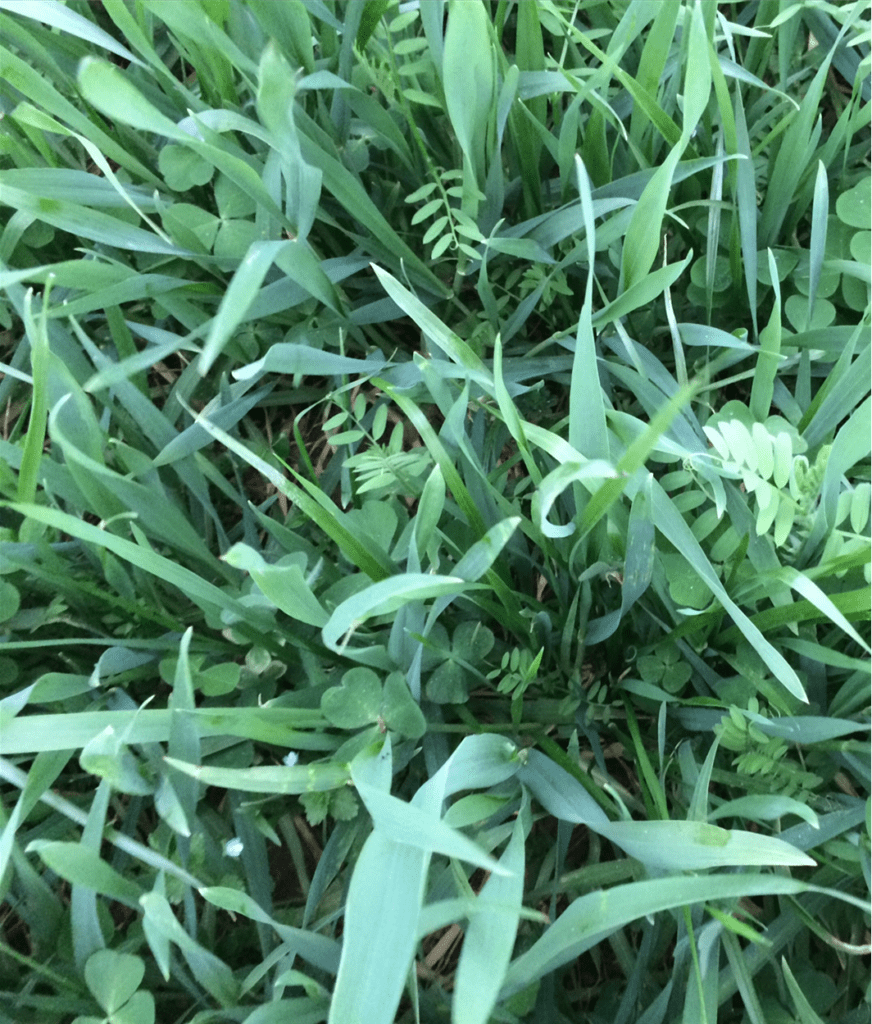The Art and Science of Creating Cover Crop Mixtures
By: Tim Fritz
There has been a lot attention in the soil health world regarding the benefits of mixtures. There are indeed lots of benefits for mixtures in cover crops, and of course forage crops. King’s has been creating and evaluating mixtures for over twenty years. When creating a mix, King’s considers factors such as seed size which impacts both planting depth requirements and the amount of seed needed. Other factors include the establishment speed of the species being consider. For example, the brassica and mustard families tend to be small seeded and very quick to establish and become very competitive; therefore, the amount of brassica used must be kept to a minimum. ½ to 1 lb per acre is plenty of brassica. Increasing the amount to 3 lb per acre or higher in a mix will typically result in the brassica outcompeting the other components resulting in a lack of the intended diversity. Another factor to consider is what type of growth habit does the plant exhibit. Daikon radish, although the seed size is not small, grows in a rosette that smothers it neighboring seedlings, hence the percentage needs to be kept low in the mixture. Small grains are mid-size seeds but grow upright and the percentages tend to be higher. Also, species that are slower to establish should have increased percentages. There are way too many species in the cover crop arena to go into all the details, but rest assured that King’s not only has lots of experience in creating mixtures but we also evaluate the mixtures on our research farm. We have learned that the species included in your mix planted before the following crop can have a huge impact on the following crop.
Each species and the resulting combination included in a mix can have either a positive, neutral or negative impact on the following crop. We have coined the name forecrop when used for cover cropping. A forecrop is designed to significantly improve the following economic crop. To achieve these positive impacts a forecrop is designed for the specific crop that follows its planting. We have several mixes designed to be planted before corn that increase corn yield and improve soil health. King’s has also created a few specialty forecrop programs. These include a mix specific for tobacco and another mix for no-till pumpkins. In addition, we are finetuning a hemp forecrop program. Most of these fore-crops take at least 3 years to develop.



Recent Comments